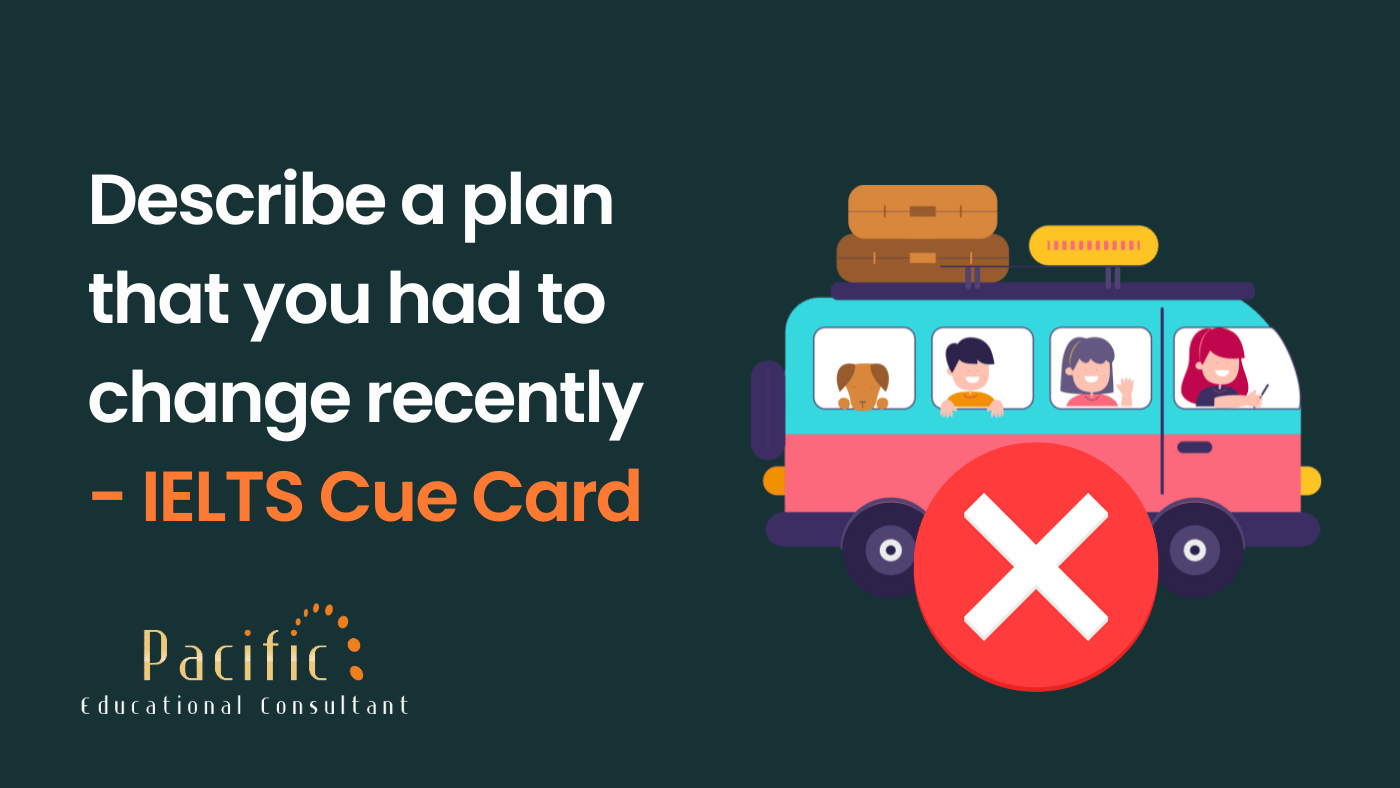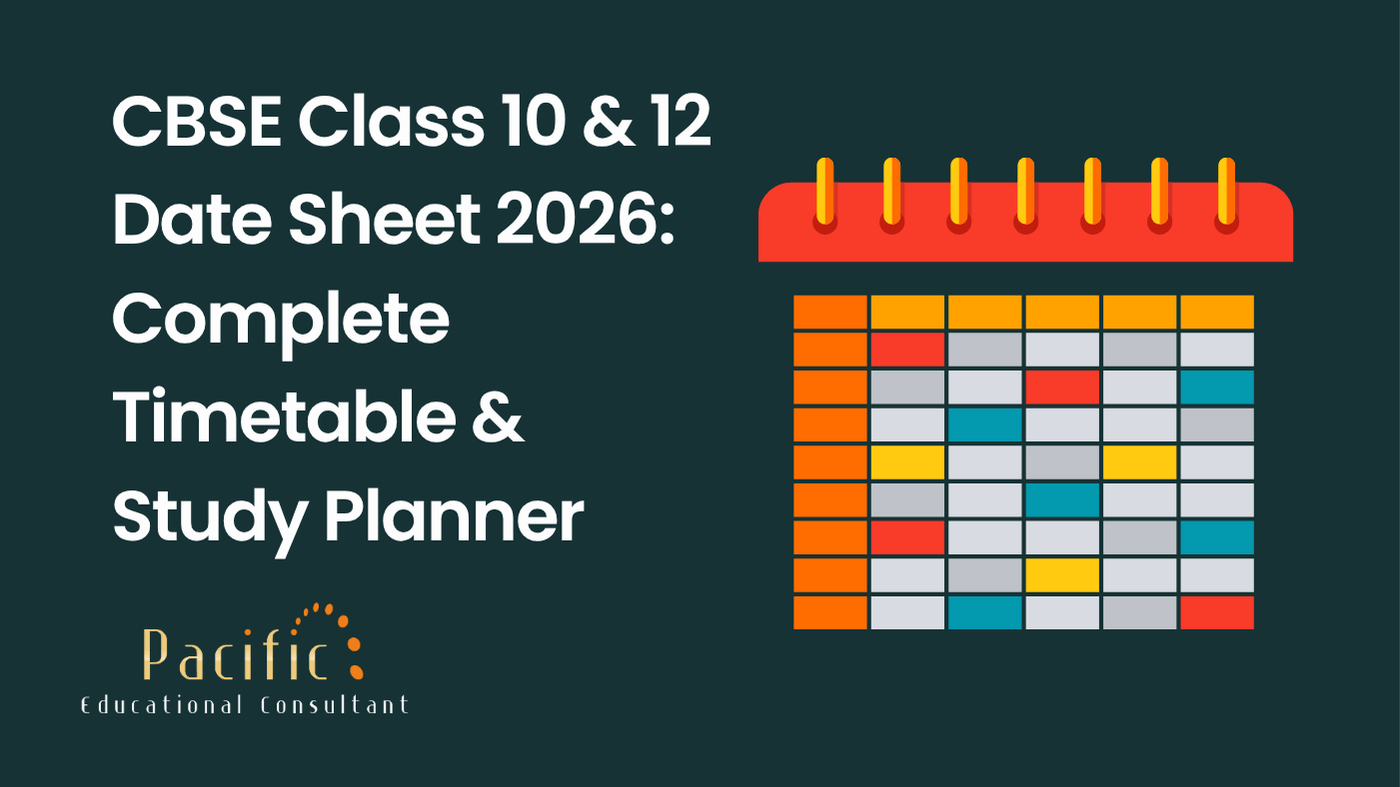


You should say:
One of my closest friends, Riya, is the kind of person everyone naturally gravitates towards. She's not just warm and friendly, but incredibly disciplined. We’ve known each other since college, and she’s someone I truly admire—not only for her talents, but for her solid lifestyle habits.
We met during our first year of university and instantly clicked over our shared love for books and music. Over the years, though, I’ve grown to respect her for something much more valuable: her commitment to self-discipline.
The habit I admire most in Riya is her consistent early morning routine. Every single day—whether it’s a weekday, weekend, or even during vacations—she wakes up at 5:30 a.m., meditates, exercises for 30 minutes, and plans her day.
She doesn’t just wake up early to scroll through her phone or binge YouTube. Instead, she uses those peaceful hours to invest in herself—reading, journaling, and practicing yoga. It’s no surprise that she’s one of the most productive people I know.
I first noticed this habit when we were roommates during our second year of university. At first, I assumed she was waking up early for exams. But when I realized she followed this schedule consistently—rain or shine—I was genuinely surprised.
She even encouraged me to join her once, and while I tried, I gave up after three days. That’s when I truly realized how much dedication it takes to stick to such a healthy routine.
I want to develop this habit because I’ve often struggled with managing my time. I tend to stay up late scrolling on my phone and then wake up groggy and unmotivated. As a result, my day often starts in a rush, which affects my mood and productivity.
Seeing how calm and in control Riya is every day makes me realize the power of having a structured morning. I believe waking up early can give me a head start, reduce anxiety, and give me time to focus on personal goals—whether it’s fitness, reading, or mindfulness.
More importantly, I think building this habit would help me become more self-disciplined in other areas of life, like studying or sticking to deadlines.
In short, Riya’s early rising habit isn’t just about waking up early—it reflects a deeper mindset of discipline and self-care. It’s a habit I truly wish to develop, not just to be more productive, but to feel more in control of my time and energy. While change doesn’t happen overnight, I’ve started taking small steps, like going to bed earlier and setting a consistent wake-up time. Hopefully, I’ll get there!
Children should be encouraged to develop habits like brushing their teeth twice a day, saying "please" and "thank you," keeping their surroundings tidy, and maintaining a routine for study and play. These basic habits form the foundation for personal hygiene, discipline, and social behavior. Introducing good habits early often leads to stronger character and better decision-making in adulthood.
Parents should lead by example. If they want their children to read more or eat healthy, they should model that behavior themselves. Also, consistency is key—children learn best through routine and repetition. Positive reinforcement, like praise or rewards, can also encourage them to stick to good habits. Lastly, open communication helps children understand why certain habits are important.
Children are impressionable, and they tend to mimic their peers. If a child with bad habits—like lying, being rude, or refusing to share—spends a lot of time with others, those behaviors can easily spread. This is why teachers and parents need to monitor social interactions, especially in early years, and guide children towards positive role models.
As people grow older, their priorities, environment, and physical capabilities change. For example, a teenager might stay up late playing video games, but as an adult with a 9-to-5 job, they might need to sleep earlier. Additionally, experiences and responsibilities—like work or parenting—often force people to adopt new habits and drop old ones. In some cases, maturity also helps individuals realize which habits are beneficial and which are harmful.

New Zealand Student Visa Update: Work Limit Now 25 Hours/Week from 3 Nov 2025

Describe a family member who you want to work with in the future - IELTS Cue Card

Describe a noisy place you have been to - IELTS Cue Card

Describe a time you enjoyed a free day off work or school – IELTS Cue Card

Bachelor in Business Economics (BBE)

BE IT Full Form: Complete Guide to Eligibility, Syllabus, Fees, and Career Scope

Describe a water sport you would like to try in the future - IELTS Cue Card

Describe a plan that you had to change recently - IELTS Cue Card

CBSE Class 10 & 12 Date Sheet 2026: Complete Timetable & Study Planner

Describe a sport that you really like - IELTS Cue Card